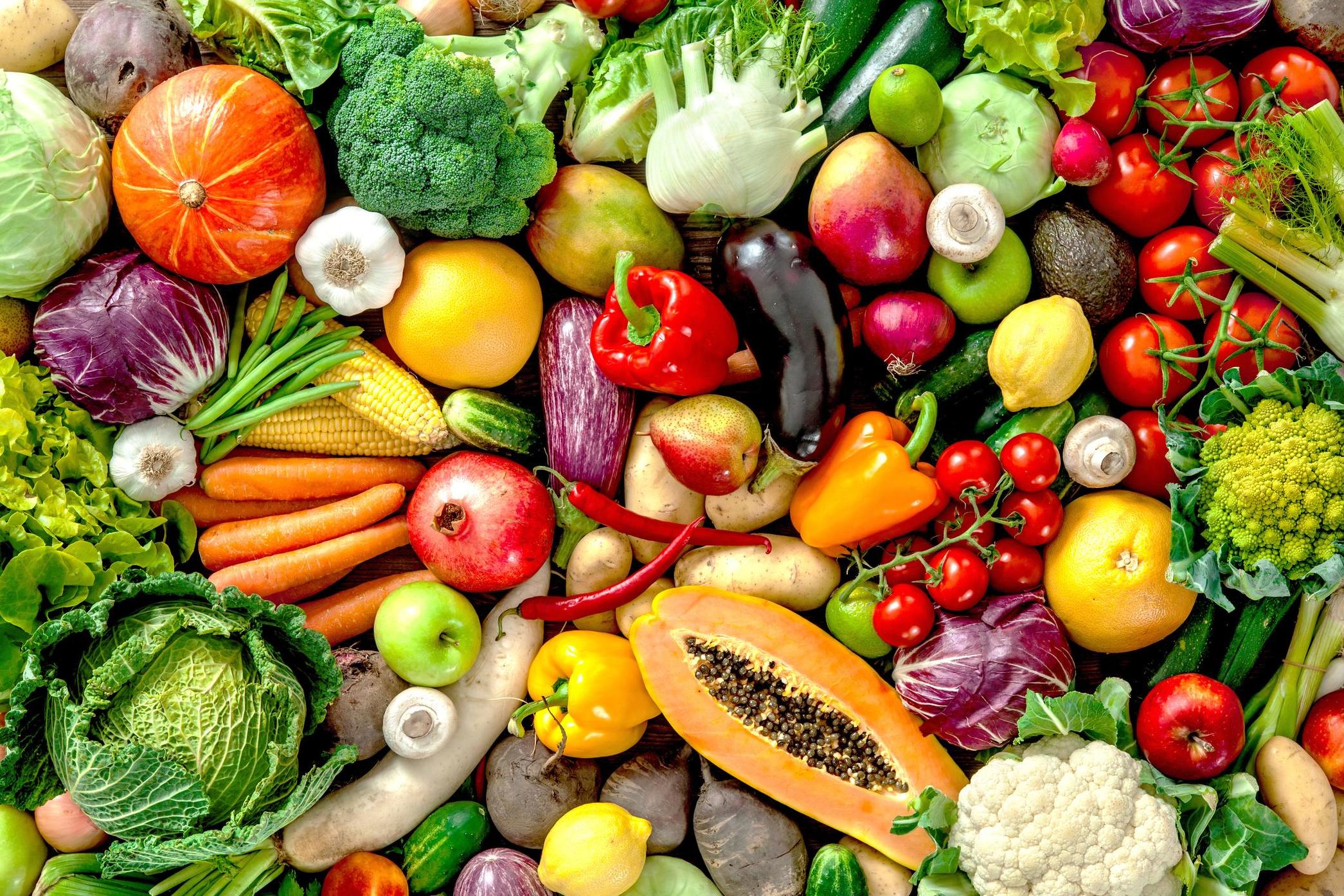Are All Fruits And Vegetables Healthy
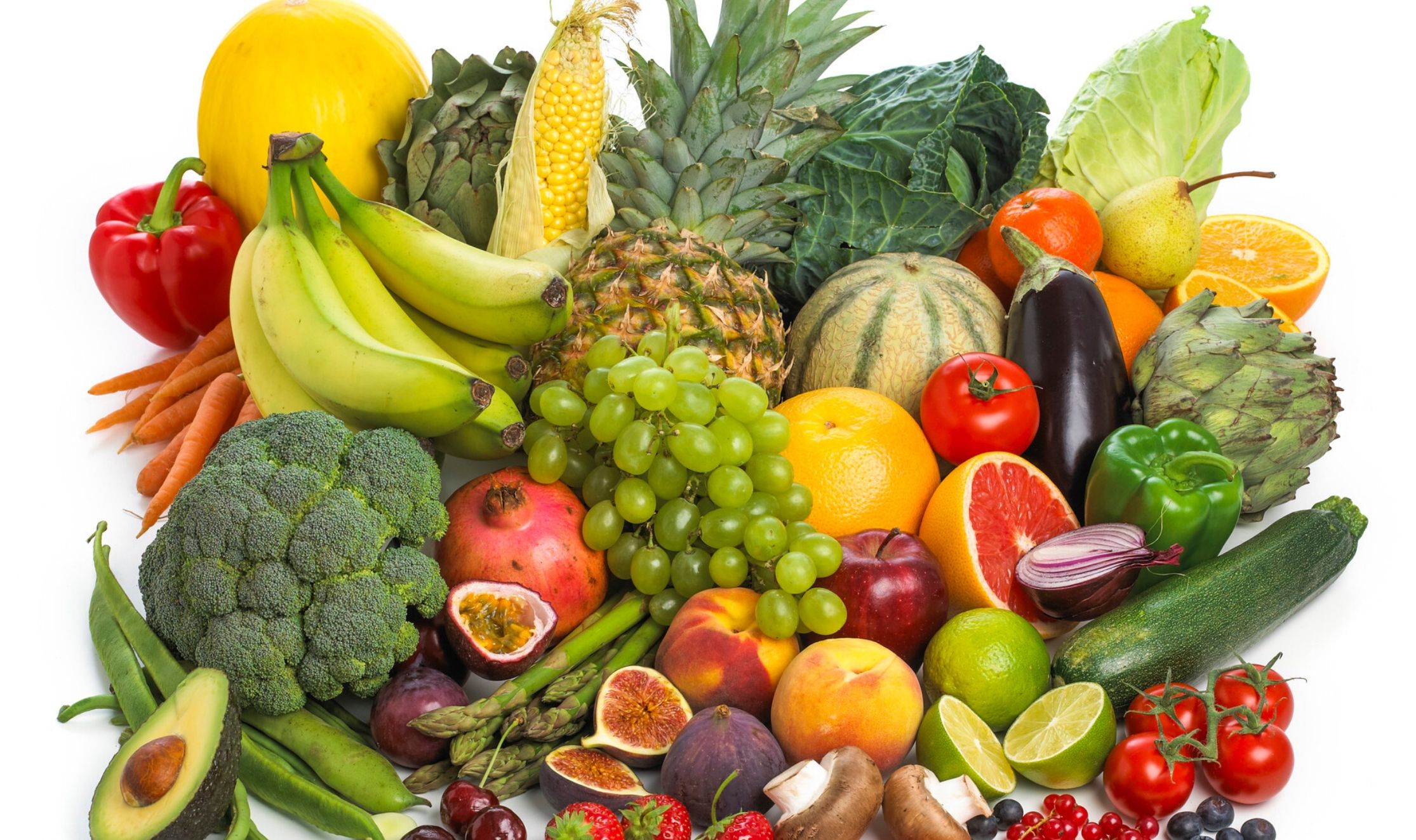
Are All Fruits And Vegetables Healthy?
What Makes Fruits and Vegetables Healthy?
Fruits and vegetables have been linked to improved health for centuries. They are an excellent source of vitamins, minerals, fiber, and other nutrients that are essential for good health. Eating a variety of fruits and vegetables is important because they provide different types of beneficial nutrients. Fruits and vegetables are also low in fat, calories, and sodium, making them a great addition to any diet.
Fruits and vegetables are also packed with antioxidants, which are compounds that protect our cells from damage caused by free radicals. Free radicals are molecules that can damage our cells and contribute to the aging process. Antioxidants can help reduce the risk of certain diseases by fighting off free radicals.
Fruits and vegetables are also a good source of dietary fiber. Fiber helps to keep us regular and can help reduce cholesterol levels. Eating more fiber can also help you feel fuller for longer, which can help with weight loss.
Are Some Fruits and Vegetables Better Than Others?
Most fruits and vegetables are healthy, but some are better than others. Dark, leafy greens such as spinach and kale are an excellent source of vitamins, minerals, and fiber. Other nutrient-rich vegetables include broccoli, cauliflower, sweet potatoes, and squash. Citrus fruits such as oranges, grapefruits, and lemons are a great source of vitamin C and other antioxidants.
Fruits and vegetables that are brightly colored are usually higher in antioxidants. These include red peppers, carrots, blueberries, and strawberries. Eating a variety of brightly colored fruits and vegetables will help ensure that you're getting all the essential vitamins and minerals your body needs.
Are Processed Fruits and Vegetables Healthy?
Processed fruits and vegetables are not as healthy as fresh or frozen varieties. Processed fruits and vegetables often contain added sugar, sodium, and other unhealthy ingredients. For example, canned fruits and vegetables may be high in sodium and added sugar. They are also often lacking some of the nutrients and fiber that are found in fresh or frozen fruits and vegetables.
It's still possible to eat processed fruits and vegetables in moderation. Just be sure to read the labels and opt for varieties that have no added sugar or salt. You can also look for fruits and vegetables that are canned in water or their own juices, as these are usually lower in sodium.
The Bottom Line
Fruits and vegetables are a key part of a healthy diet. Eating a variety of fruits and vegetables will help ensure that you're getting all the essential vitamins and minerals your body needs. Fresh and frozen fruits and vegetables are the healthiest options, but processed varieties can also be enjoyed in moderation.
Healthy Eating Basics to Set You up for the Year - Live Life Get Active

Fruits And Vegetables: Super-food Secrets For A Healthy Life
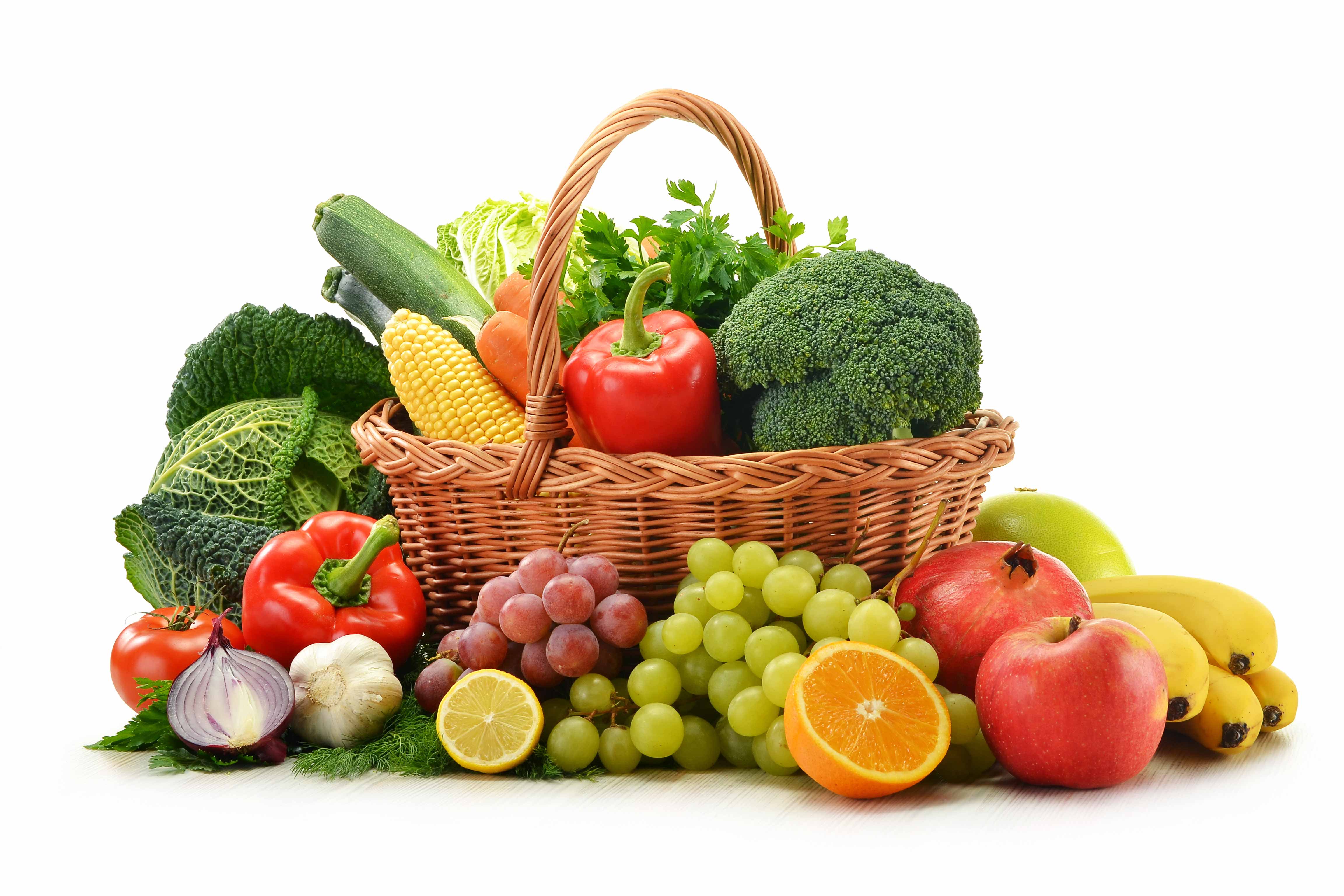
How Many Fruits And Vegetables We Need In Order To Stay Healthy

Diet pill garcinia cambogia side effects, fitness instructor insurance
9 Ways to Add More Fruits and Vegetables Into Your Diet - Center for

fruits-and-vegetables_0 - Sayeri Diary
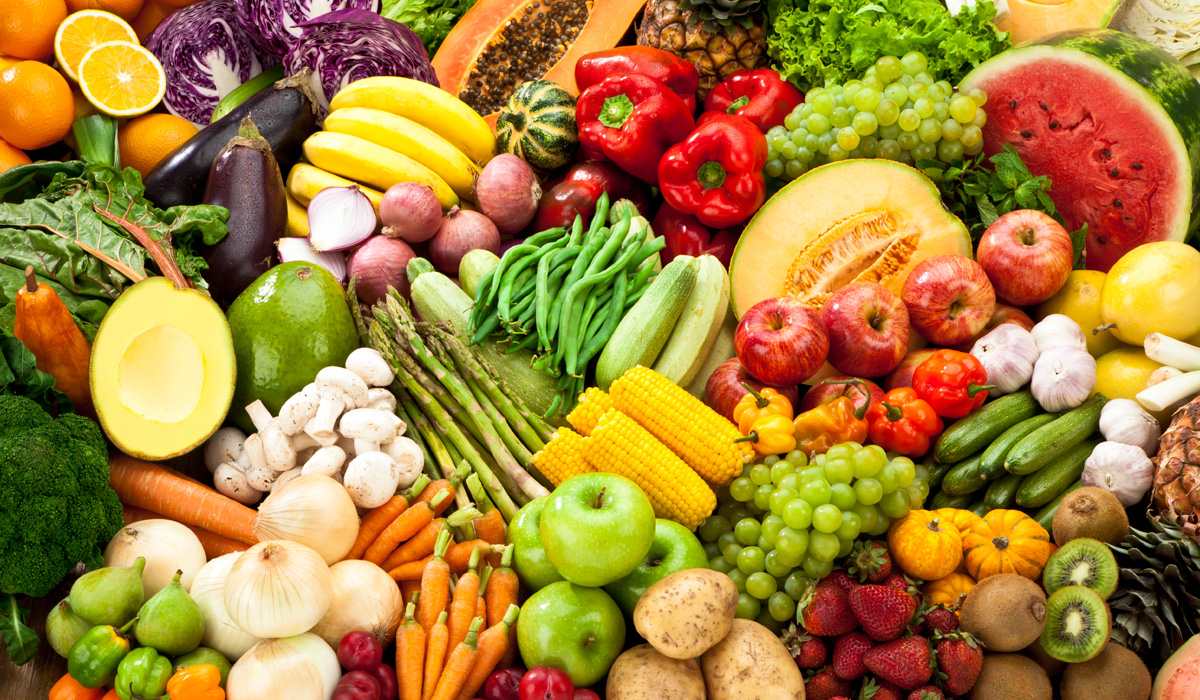
Free photo: fruits and vegetables - White, Heap, Vitamin - Free
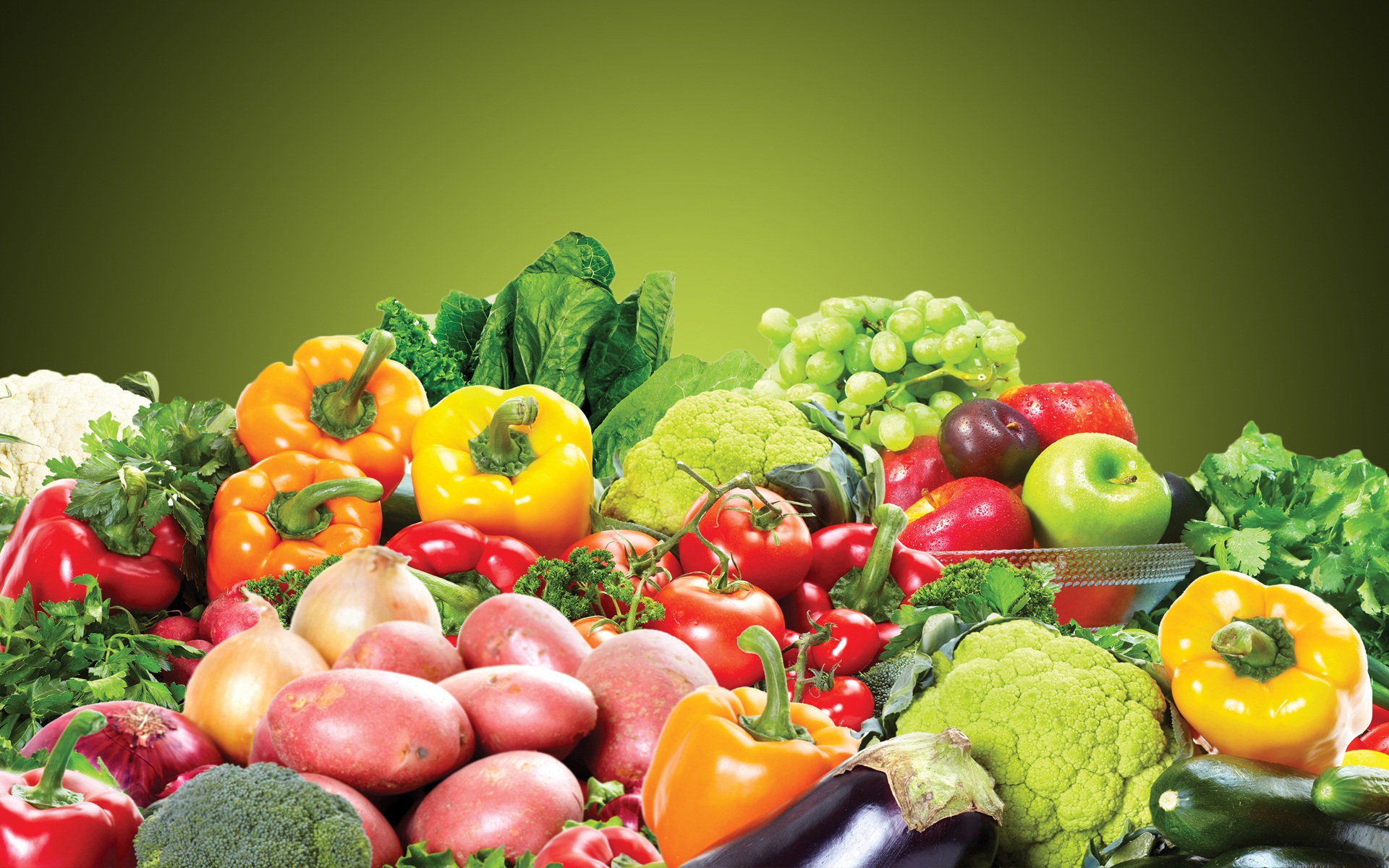
10 Healthiest Fruits and Vegetables, According to Nutritionists
Healthy Fruits And Vegetables Isolated On White Stock Photo - Image
The raw fruits and vegetables that improve mental health, according to
